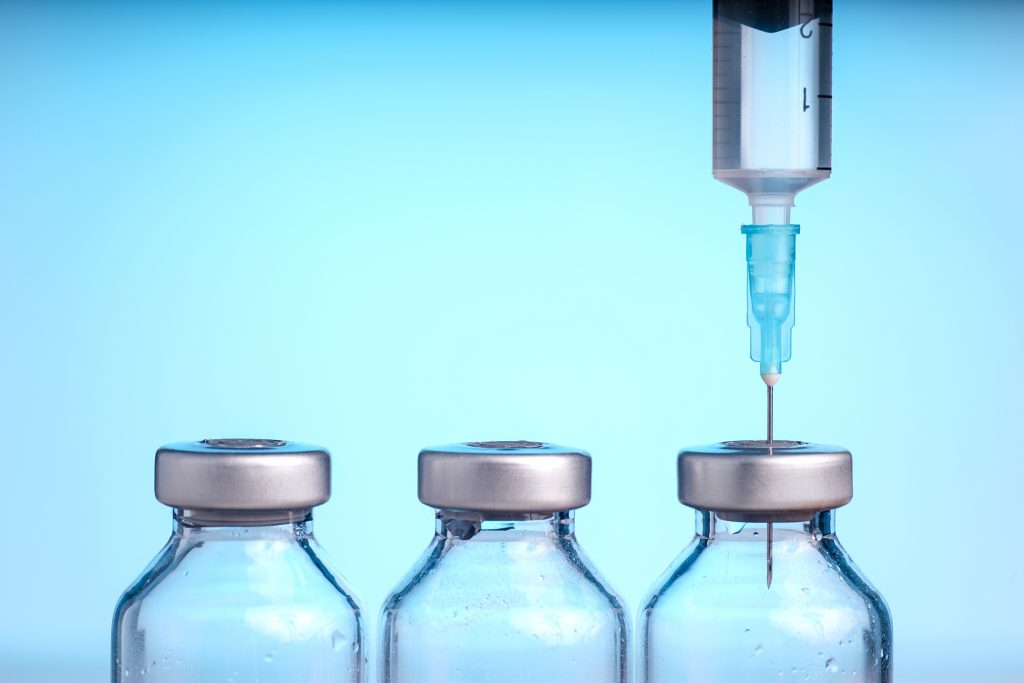The Facts About Vaccines
by Caitlund Davidson
 Vaccines are one of the most important developments in the history of global health and have been saving lives around the world for more than 200 years.
Vaccines are one of the most important developments in the history of global health and have been saving lives around the world for more than 200 years.(Originally published in the February 2021 edition of The Walleye Magazine)
Vaccines are one of the most important developments in the history of global health and have been saving lives around the world for more than 200 years. No matter how healthy you are, you can still get very sick, or even die, from infectious diseases. When you get vaccinated, you make your body stronger and more resistant to disease. The more people in a community who are vaccinated, the harder it is for the disease to spread. Getting vaccinated protects your health and the health of everyone else around you, too. This includes our most vulnerable people, like very young children and people who are sick or aging.
In December 2020, Health Canada authorized the use of two COVID-19 vaccines, marking an exciting turning point in our collective battle against the COVID-19 pandemic. Thunder Bay Regional Health Sciences Centre (TBRHSC) was identified as a site for distribution of the Pfizer vaccine. In collaboration with the Thunder Bay District Health Unit and the Province of Ontario, TBRHSC marked a historic milestone by administering Northwestern Ontario’s first doses on December 22, 2020.
While most people are encouraged by and excited about the roll-out of COVID-19 vaccines, some people may be left wondering whether or not the vaccine is safe, and what it means for our community going forward. To help answer some of your questions, we spoke with Dr. Greg Gamble, Medical Lead for Infection Prevention and Control at TBRHSC.
Q: Is the vaccine safe?
A: Yes. Health Canada only approves a vaccine if its safety and effectiveness is supported by very robust scientific data and evidence. The reason the COVID19 vaccine was approved quickly is not because safety standards have changed, but because Health Canada shortened the administrative and organizational process of vaccine authorization.
Q: Can you get COVID-19 from the vaccine?
A: You absolutely will not get COVID-19 from the vaccine. Unlike many other vaccines, the COVID19 vaccine does not contain the live virus. Instead, it uses genetic instructions in molecules called mRNA to generate a coronavirus protein that initiates the body’s natural production of antibodies and cellular immune response. Therefore, it cannot cause infection in the host. It’s an incredible technology.
Q: Do recipients of the vaccine still need to follow public health guidelines, such as wearing a mask, frequent hand washing, and physical distancing?
A: Yes, although the vaccine is an important tool to stop or slow the spread of COVID-19, it’s essentially just another piece of the defense. Studies have shown that the vaccine is 95% effective, but there are still some things we don’t know, such as how long it will be effective for and the effect it will have on the asymptomatic carrying of COVID-19. Until those questions are better understood and until the vast majority of the population is immunized, we’re going to have to keep following basic preventive measures.
Q: Why should people get vaccinated for COVID-19, once it is their turn to do so?
A: Vaccines are a very important tool in stopping the spread of COVID-19. When a large percentage of the population becomes immune to COVID-19, the virus will slow down or stop entirely. This is called “herd immunity.” The minute I heard the vaccines were licensed, I knew that we are looking at a much better year in 2021.
For more information about the COVID-19 vaccine, how it works, and how it’s being rolled out, please visit tbdhu.com/covidvaccines and covid-19.ontario.ca/covid-19-vaccines-ontario#about-covid-19-vaccines. To learn more about eligibility criteria and other information, please visit: covid-19.ontario.ca/ covid-19-vaccines-ontario.